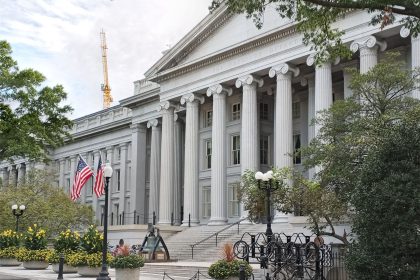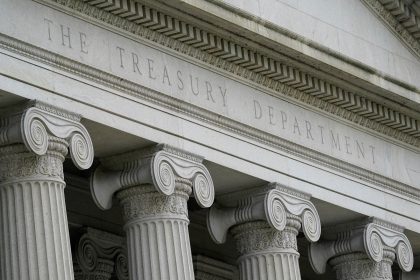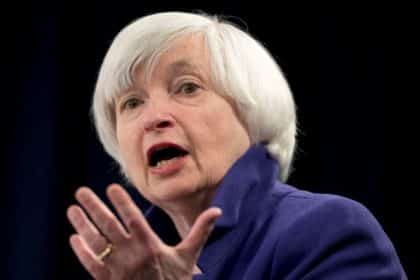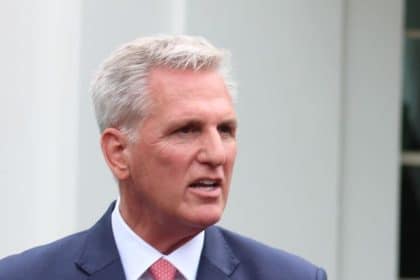Senate Wants Tougher Enforcement of Sanctions Against ‘Malign Actors’
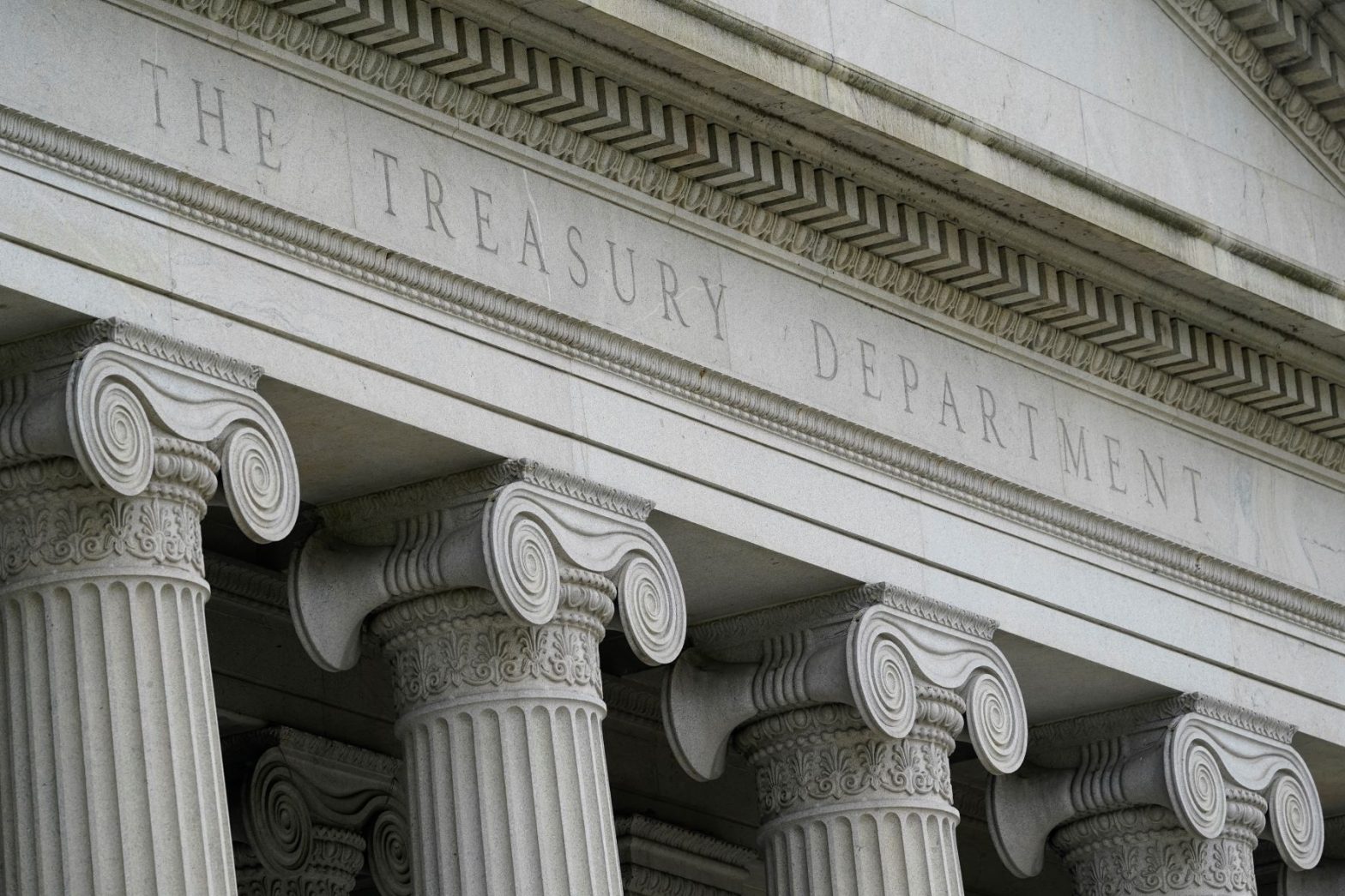
WASHINGTON — A Senate committee tried Tuesday to chart a better course through the minefield of monetary sanctions against U.S. foreign adversaries.
The Senate seeks to protect U.S. economic policies without trampling foreign entities that could be trading partners and allies.
However, in an age of shadowy cryptocurrency transactions and intense political and economic competition with China, Russia, Iran and North Korea, the proper way forward is not clear, according to lawmakers and witnesses at the Senate Banking, Housing and Urban Affairs Committee hearing.
“Our economic objectives cannot succeed if the international financial system facilitates the illicit flow of funds to oppressive regimes, terrorist groups, cyber criminals and other malign actors,” said Wally Adeyemo, a U.S. Treasury deputy secretary.
The Senate is following up on a recently completed Treasury Department review of the effectiveness of U.S. sanctions since the September 11, 2001 terrorist attacks.
Sanctions most often mean economic, trade, diplomatic or cultural restrictions that are lifted when the security concern that prompted them is eliminated.
After the attacks, the U.S. government declined to do business with government and financial institutions linked to al Qaeda and other terrorist organizations. The sanctions also were imposed on their trading partners.
Other targets of U.S. sanctions have included Iran and North Korea for their development of nuclear energy or weapons, Russian oil and gas company Gazprom for its government’s efforts to destabilize the Ukrainian economy and Chinese officials after they guided their government’s takeover of Hong Kong.
The Treasury Department review found that sanctions can deter adversaries but that occasionally they were imposed too arbitrarily, sometimes interfering with U.S. humanitarian aid to underdeveloped nations. In one example, sanctions against terrorists located in Ethiopia are blamed for blocking American food and medicine from reaching impoverished persons.
“In light of the growing interconnectedness of global finance, trade and supply chains, it is critical that Treasury use a rigorous framework to guide its recommendations on imposition of economic and financial sanctions,“ Adeyemo said in his testimony.
He also acknowledged obstacles to the “rigorous framework” he described, in part because cryptocurrency allows adversaries to use nearly untraceable transactions to evade the sanctions.
Although the amount of the cryptocurrency evasion is undetermined, Adeyemo estimated it “to the tune of several hundred million dollars.”
He suggested a greater effort to elicit participation from allies in the sanctions to reduce the likelihood banned transactions might be shifted between countries to avoid U.S. detection.
“Our adversaries are trying to find ways around our sanctions every day,” Adeyemo said.
Several senators accused the Biden administration of misguided actions, such as failing to adequately sanction Russia’s Gazprom while it built a major pipeline throughout Europe. Congress approved the Gazprom sanctions this year but President Joe Biden has been slow to implement them.
“In this instance, it’s increasing Putin’s influence over Europe,” said Sen. Pat Toomey, R-Pa.
They also said Biden should have imposed further sanctions against China for purchasing as much as 600,000 barrels of oil per day from Iran, which helps fund the Islamic country’s military.
Sen. Bob Menendez, D-N.J., said the Biden administration claims to be committed to sanctioning dangerous U.S. adversaries but “I don’t see the commitment in action.”
The Senate checkup on sanctions comes at a critical time for U.S. financial policy toward the kind of cryptocurrency often used to avoid them.
The Federal Reserve is beginning a review of benefits and risks for a possible U.S. digital currency, which would make it one of several central banks worldwide experimenting with the new form of money.
Unlike bitcoin and other privately-issued digital currency, the Federal Reserve’s version would be backed by the U.S. central bank, which would make it legal tender to the same degree as paper dollar bills and coins.
In addition, the Office of Foreign Assets Control last week published a compliance guide for digital currency as it tries to crack down on ransomware and use of cryptocurrencies to avoid international sanctions.
Crypto-asset companies could comply with the guidelines by using geolocation tools, blocking banned IP addresses and installing analytic software to identify suspicious IP addresses.
“The virtual currency industry plays an increasingly critical role in preventing sanctioned persons from exploiting virtual currencies,” the Office of Foreign Assets Control’s announcement said.
This month, the U.S. Justice Department announced a new cryptocurrency enforcement team to halt ransomware payments and money laundering.


















